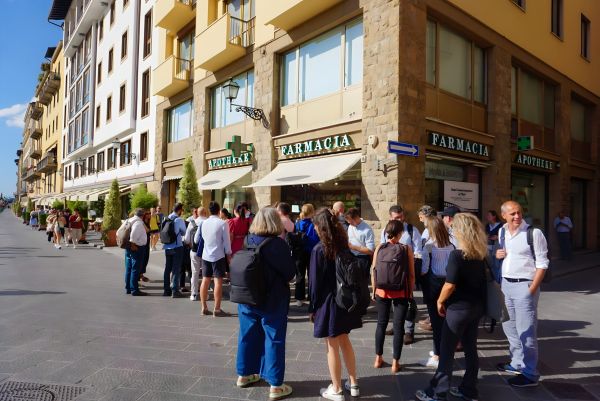Unlocking the Future of
Sustainable Urban Logistics
Sustainable Urban Logistics
In today’s fast-paced world, where the convenience of online shopping reigns supreme, the demand for last-mile delivery is soaring. The UNCHAIN project is on a mission to revolutionise urban logistics and create sustainable, resilient, and safe cities for all.

Why UNCHAIN?
In today’s fast-paced world, where the convenience of online shopping reigns supreme, the demand for last-mile delivery is soaring. However, the exponential growth in deliveries is taking a toll on urban spaces, leading to congestion, pollution, and inefficiency. The UNCHAIN project is on a mission to revolutionise urban logistics and create sustainable, resilient, and safe cities for all.
Cities are the engines of global GDP, but they also generate a significant portion of global emissions. With the rise of e-commerce and changing consumer behaviours, the challenges faced by urban planners, policymakers, and logistics providers have never been greater. Last-mile deliveries, with their atomized parcels and frequent return flows, have become a major challenge in energy consumption and space utilization.
Urban Freight Distribution (UFD) is the backbone of delivering goods to city dwellers, but it also contributes to traffic congestion, air pollution, and road safety issues. As cities strive to become more sustainable, optimizing urban transport and logistics while allocating space efficiently has become a pressing priority.
The UNCHAIN project, with 10 European cities on board, aims to transform the way cities manage logistics and space. By integrating data from various sources, UNCHAIN will develop 12 data-driven city services, validated by these cities, to tackle congestion, safety, and environmental challenges.

An essential part of UNCHAIN’s mission is breaking down data silos and fostering public-private data exchange and interoperability. By creating a single, cross-border European space for mobility data, the project will empower logistics operators and city managers alike to make informed decisions and improve operational efficiency.
Collaboration through innovation
Through collaboration between public authorities and logistics stakeholders, UNCHAIN will introduce a range of services, including decision support for land use strategy, Sustainable Urban Logistics Plans (SULPs), and Urban Vehicle Access Regulations (UVARs). These data-driven solutions will optimize the planning and operation of Urban Consolidation Centres (UCCs) and pick-up and drop-off zones, paving the way for sustainable urban logistics.
With UNCHAIN’s innovative services, cities will anticipate the impacts of policy measures, reduce freight transport’s impact on the urban fabric, and work towards climate-neutral and smart cities. For logistics operators, alignment with sustainability goals will unlock mutually beneficial cooperation schemes, ensuring long-term collaboration and sustainable freight transport policies.
Ten European cities, including Madrid, Berlin, and Florence, will serve as living labs and followers, supporting the early adoption of UNCHAIN’s results. Major players in the logistics industry, such as DHL and UPS, will contribute to the project’s large-scale impact and feasibility.
UNCHAIN is breaking the chains of traditional urban logistics, forging a path towards a more sustainable and efficient future. By harnessing the power of data, technology, and collaboration, UNCHAIN is unlocking the potential for change and creating a brighter, greener world for all.